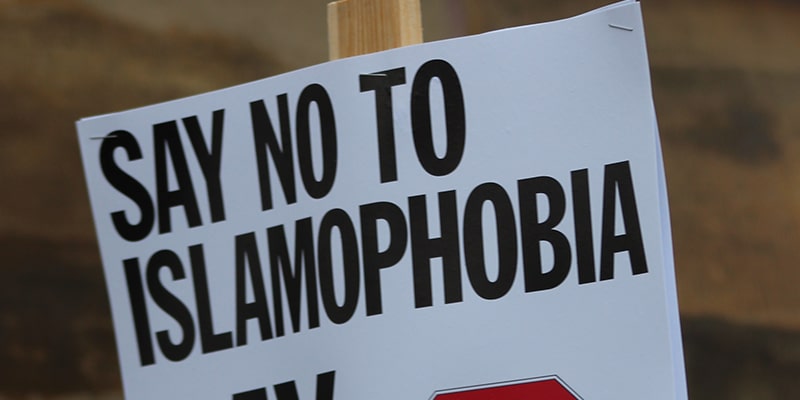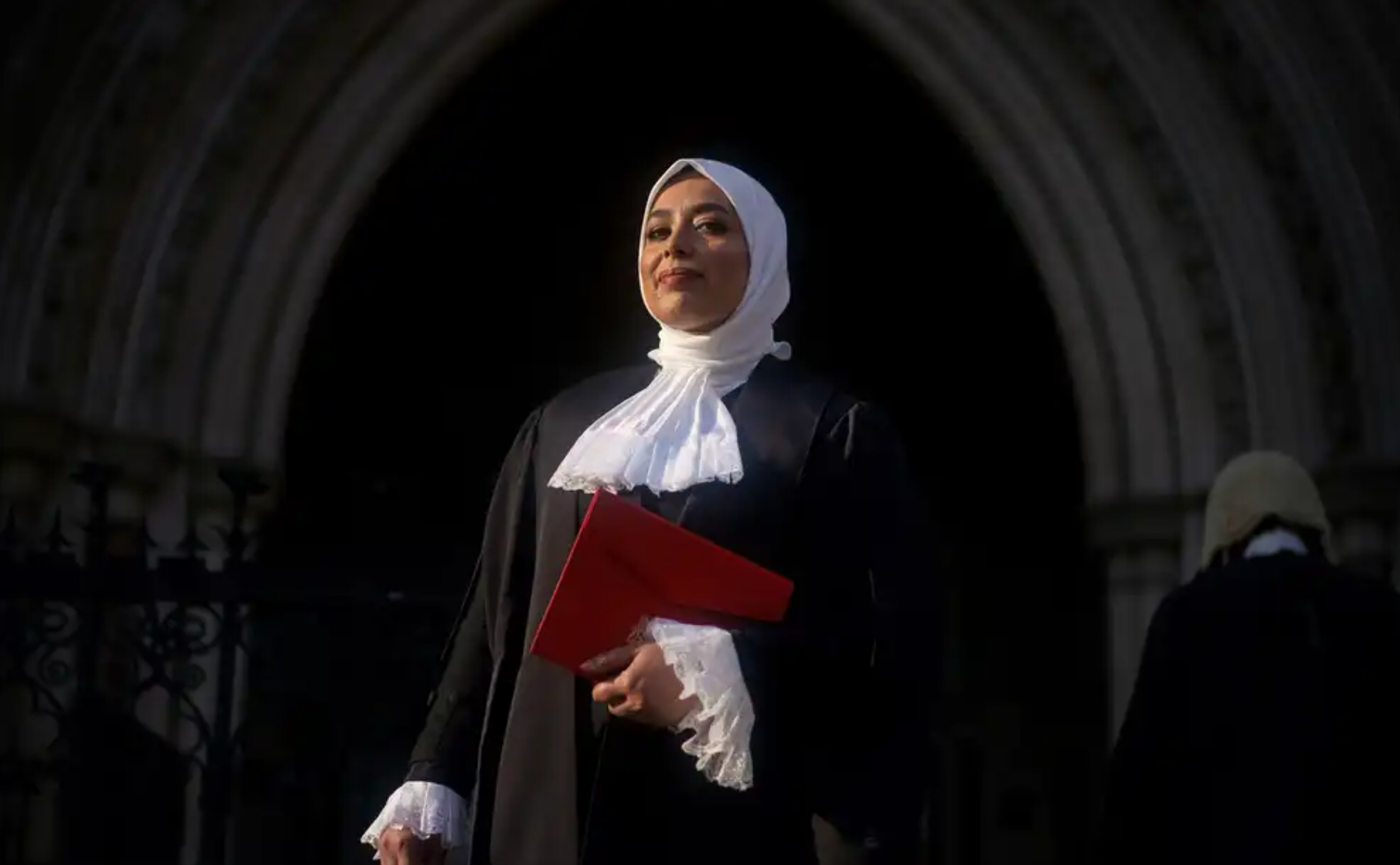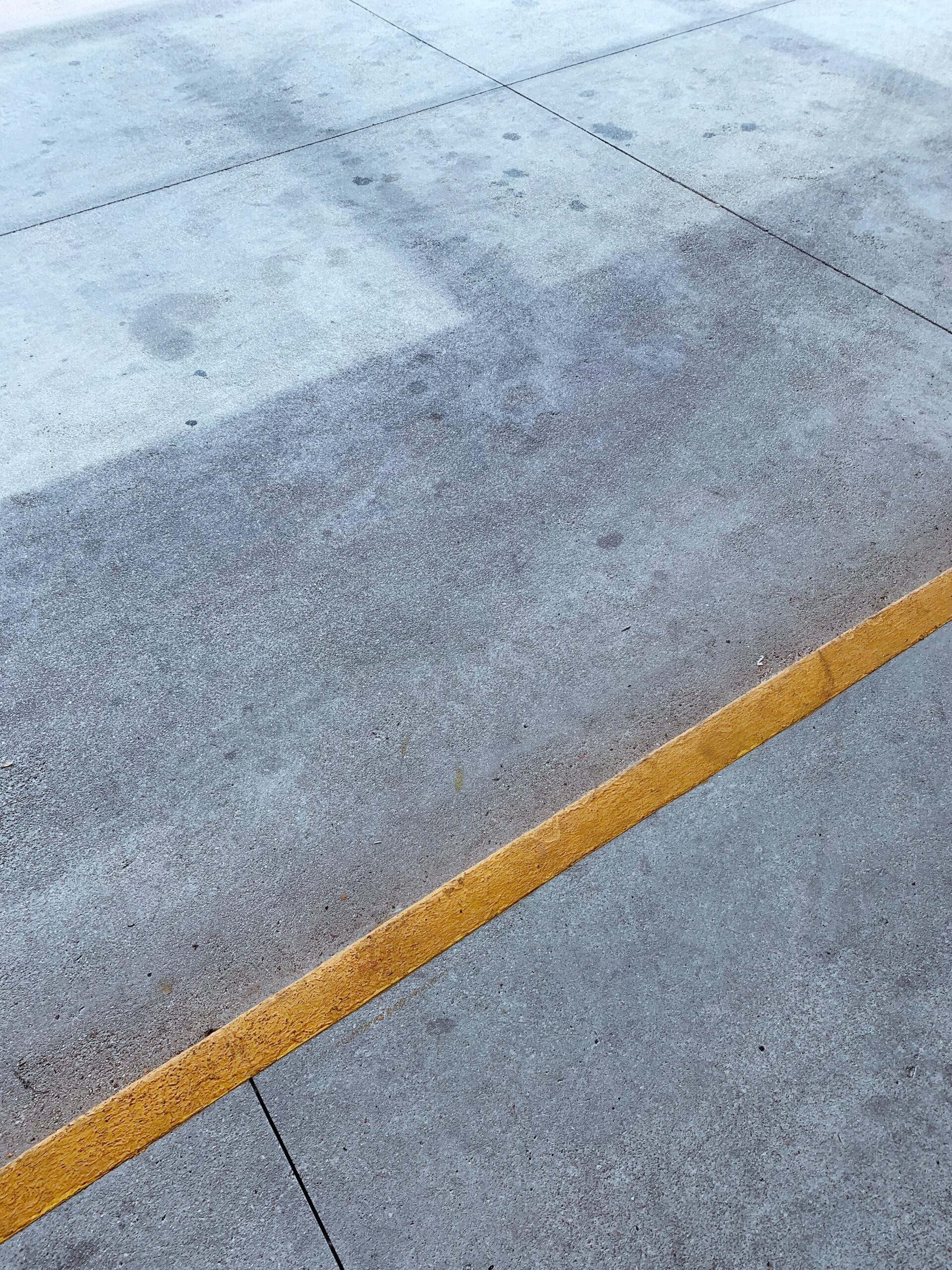
No working definition of Islamophobia for the UK Government: Implications and Reactions
Tuesday 1st November was the beginning of the tenth Islamophobia awareness month, a campaign founded in 2012 by MEND (Muslim Engagement and Development) and partner organisations which aims to “showcase the positive contributions of Muslims as well as raise awareness of Islamophobia in society”1. The campaign theme for 2022 is “#TacklingDenial” of Islamophobia to raise…





